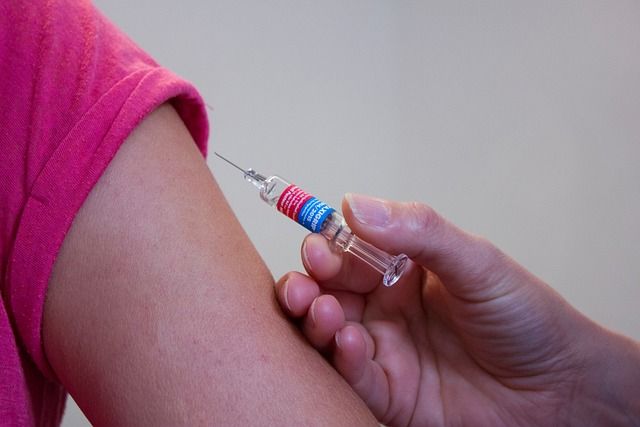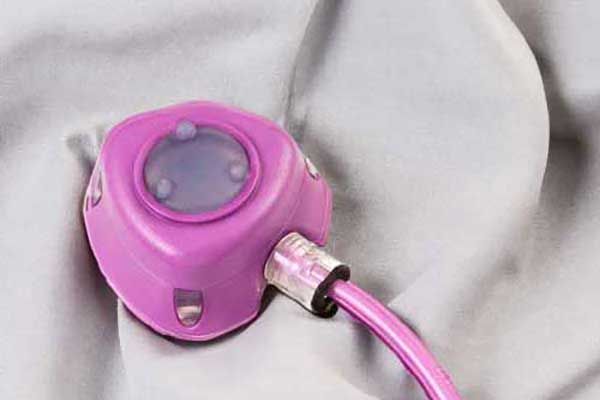

Gilead Delayed Launch of HIV Medication to Maximize Profits, Documents Indicate
Gilead Sciences delayed the release of a safer HIV treatment to extend its profitable patent, according to internal documents, resulting in lawsuits filed from thousands of patients claiming bone and kidney injuries from less safe versions
Over two decades ago, Gilead Sciences’ HIV treatment drugs containing what is known as tenofovir began to hit the market after gaining FDA approval. Designed to prevent the replication of human immunodeficiency virus—the virus that causes AIDS—Gilead’s first drug released, Viread, had groundbreaking potential, and became a blockbuster drug. By 2017, however, the patent on the drug would expire, letting competitor drug makers pursue less expensive alternatives to introduce to the market.
In 2004, Gilead was working on two new HIV treatment drug options that were thought to be a safer alternative to their tenofovir-based drugs. TDF drugs were linked to severe side effects such as chronic kidney disease, bone density loss and bone fracturing. According to internal documents, the newer version of the drug, Gilead knew, had the potential to be less toxic to patients’ bones and kidneys. However, Gilead ceased development after the company publicly claimed that the drugs were not substantially different from their current TDF line of drugs. Behind closed doors, though, Gilead had a plan to delay the introduction of the new drug to maximize profits. And at the expense of their patients’ health.
Fast forward to 2015, Gilead finally introduced the new treatment drug shortly before its original tenofovir patent expired—more than 10 years after the company halted development. This so-called “patent extension strategy” allowed Gilead to continue to sell its higher-priced drugs before switching patents to its new drug before generics entered the market. This trend to extend the monopoly over a medication, known as product hopping, is unfortunately very common in the pharmaceutical industry. That the patent system actually allows Gilead and other drug companies to do this may almost act as an encouragement to do so.
Now, Gilead’s patents extend until at least 2031, allowing it to squeeze out massive profits for approximately 25 years. To visualize the potential profits Gilead’s “strategy” may produce, The New York Times reports that according to market research firm Ipsos, by 2021 almost half a million HIV patients in the United States were taking Gilead products containing the new version of tenofovir. Descovy, one of Gilead’s newer HIV treatment drugs, costs $26,000 per year while generics of Gilead’s Truvada®, whose patent expired in 2020, now cost less than $400 annually.
The delay in Gilead’s release of the safer, alternative HIV treatment is at the center of lawsuits filed around the country in state and federal court. Over 26,000 patients have come forward claiming that Gilead’s original TDF-based drugs caused unnecessary harm to their kidneys and bones, such as bone density loss and kidney toxicity. The TDF drugs included in many of these lawsuits include Gilead’s Truvada®, Viread®, Atripla®, Complera®, and Stribild®.
Contact Our Law Firm for a Free Confidential Case Evaluation
If you or a loved one took Truvada®, Viread®, Atripla®, Complera® or Stribild® and suffer from kidney disease, bone density loss or fractures, please contact our firm. We offer a free initial case evaluation.









